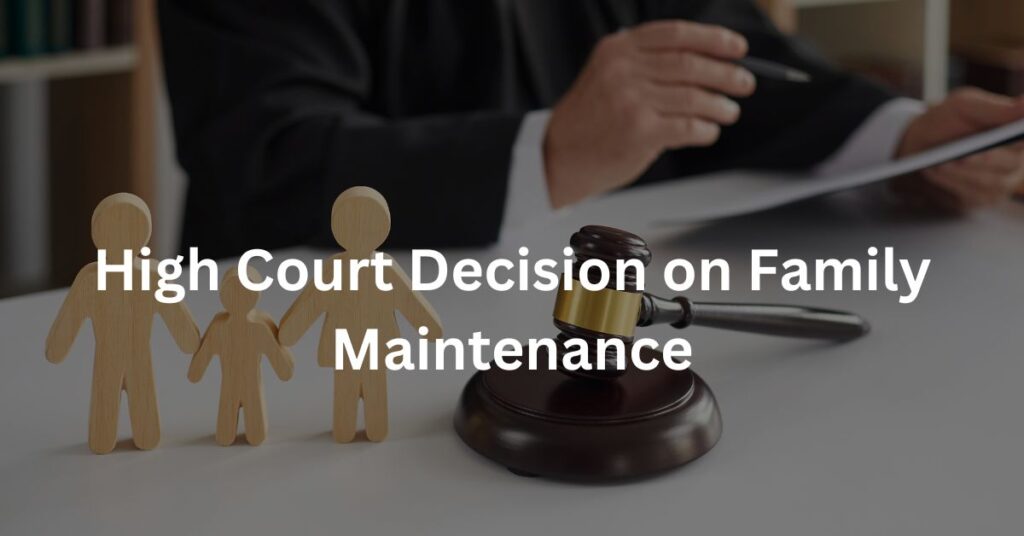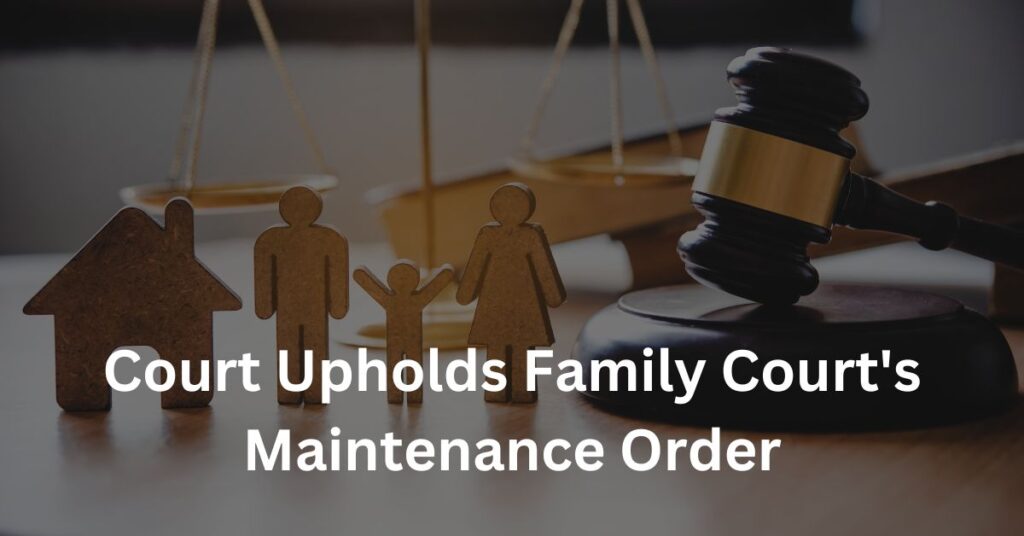In a recent judgment by the Delhi High Court, the issue of “Maintenance Denied to Qualified Wife” has been addressed. The case, MAT. APP. (F.C.) 311/2019, involved a dispute between Gurpreet Dhariwal (the appellant) and Amit Jain (the respondent). The appellant appealed against the order of the Family Court, which declined to grant interim maintenance under Section 24 of the Hindu Marriage Act, 1955. Let’s delve into the details of the case and the court’s decision.
Table of Contents
ToggleBackground of the Case
Gurpreet Dhariwal and Amit Jain got married in November 2015. However, their marriage soon encountered problems, with Gurpreet alleging harassment and dowry demands. The situation escalated when Amit left their matrimonial home and refused to provide for Gurpreet’s day-to-day expenses. Gurpreet, who is well-qualified, claimed that she was compelled to leave her job due to pressure from Amit and his mother.
The Appeal for Interim Maintenance
Gurpreet filed an application under Section 24 of the Hindu Marriage Act, 1955, seeking interim maintenance of Rs. 75,000 per month and litigation expenses of Rs. 2 lakhs. However, the Family Court denied her claim, stating that she is qualified and capable of supporting herself financially.
Court's Decision: Maintenance Denied to Qualified Wife

During the appeal, Gurpreet argued that she was subjected to extreme harassment and had been unable to secure a suitable job despite her qualifications. She contended that she deserved maintenance considering her current financial situation. On the other hand, Amit claimed that Gurpreet left her job voluntarily to pursue further studies abroad and intentionally remained unemployed to burden him with maintenance.
After examining the evidence and submissions, the Delhi High Court upheld the Family Court’s decision. The court emphasized that a qualified spouse, capable of earning, cannot claim maintenance if they choose to remain idle. In this case, Gurpreet’s qualifications, work experience, and intermittent employment indicated that she had the capacity to support herself financially.
Conclusion
The Delhi High Court’s judgment in the case of Gurpreet Dhariwal vs. Amit Jain highlights the importance of considering a spouse’s qualifications and earning capacity when determining maintenance claims. In this instance, the court concluded that Gurpreet, being well-qualified and capable of working, was not entitled to interim maintenance. The judgment provides clarity on the issue of maintenance for qualified spouses and sets a precedent for future cases.


